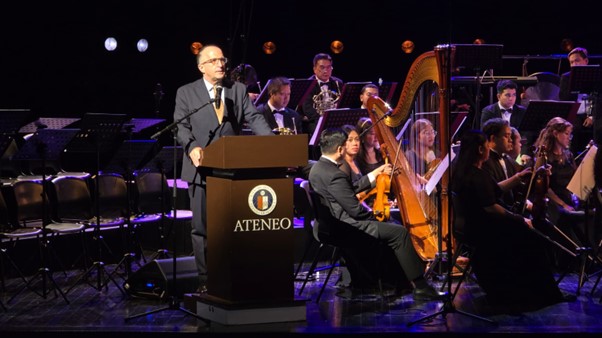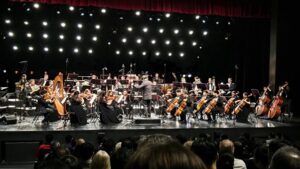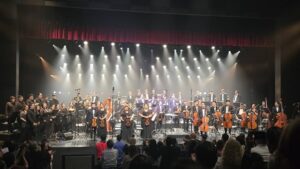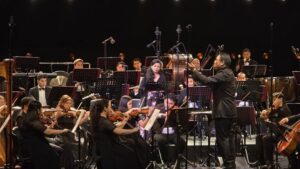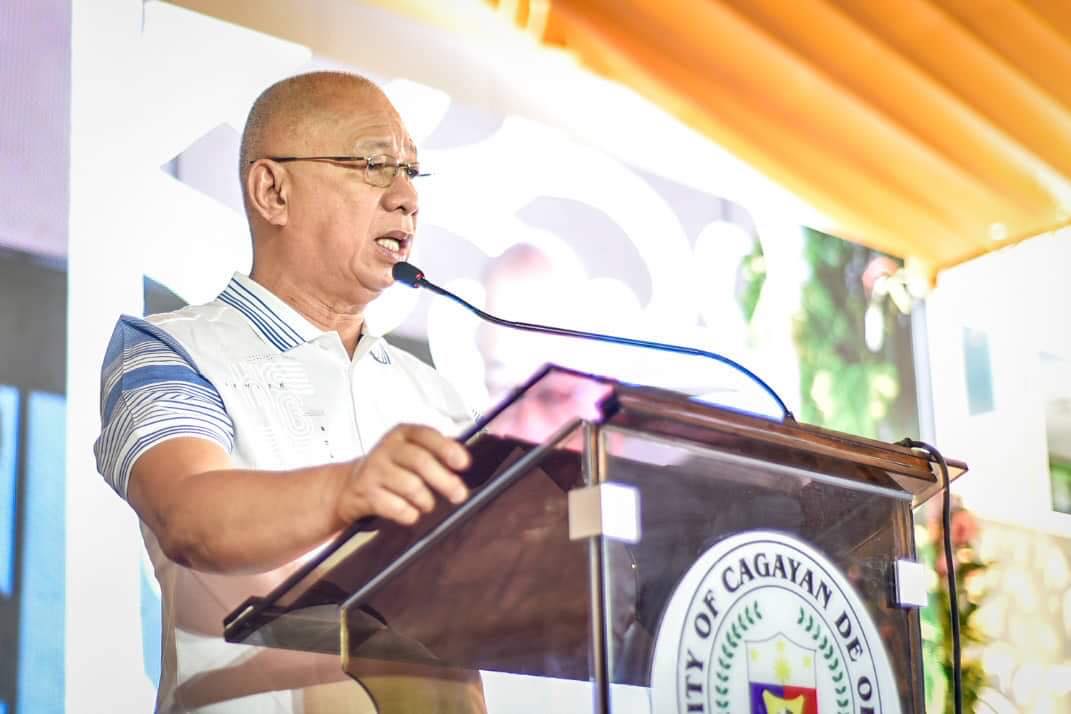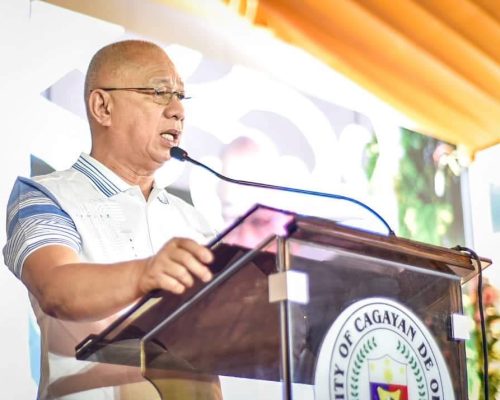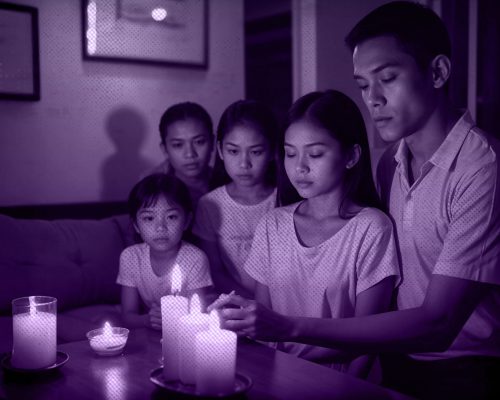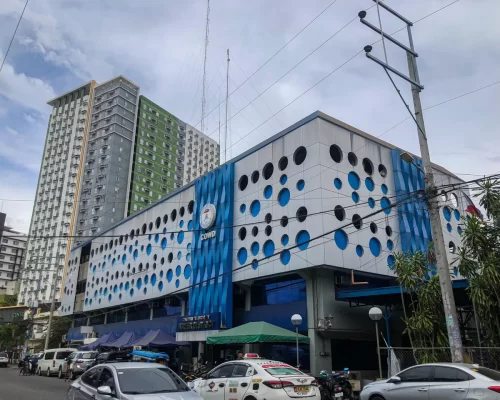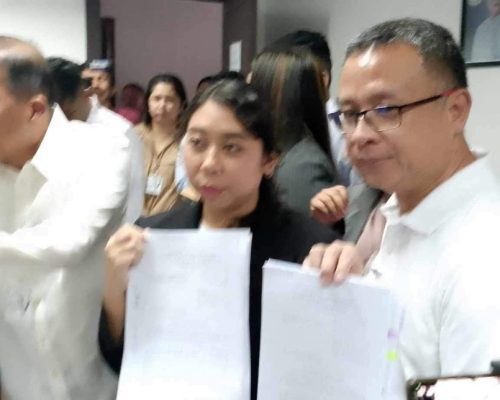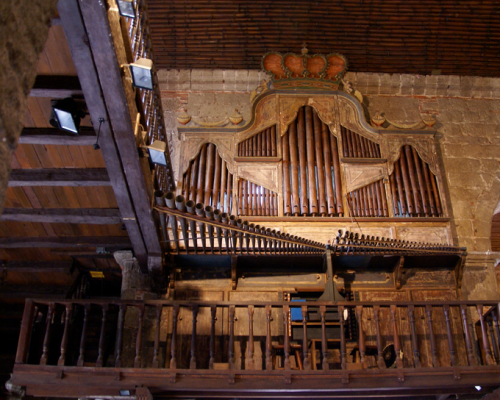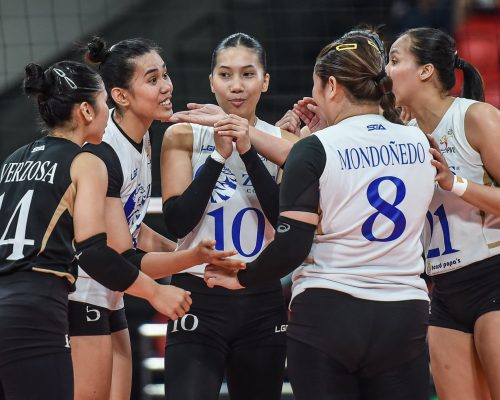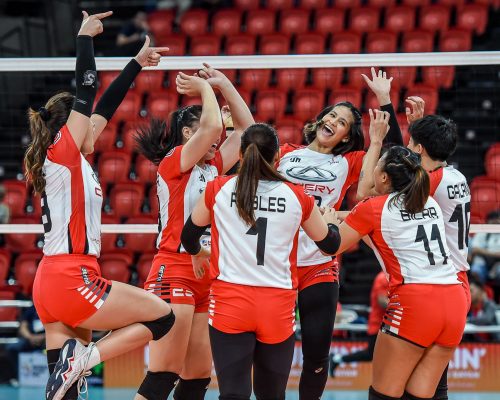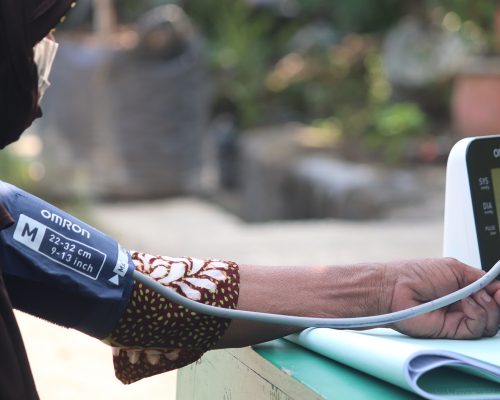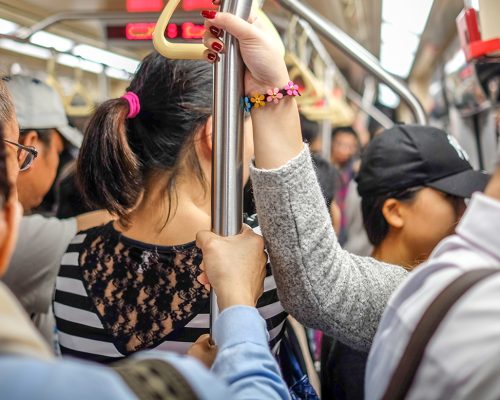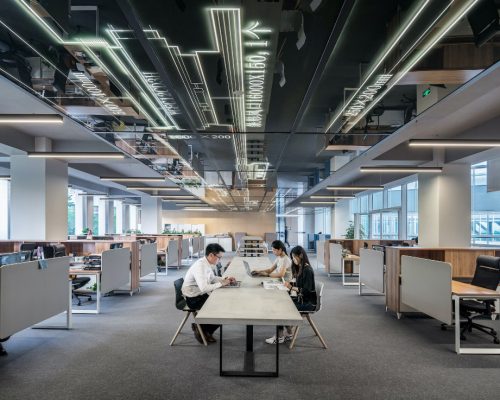To commemorate the centennial anniversary of Giacomo Puccini’s death, on Sunday, May 26th, the Embassy of Italy and Ateneo de Manila University, in partnership with the Manila Symphony Orchestra Foundation, organized a captivating concert titled “The Young Puccini.” This event highlighted the music of the composer of Tosca and Turandot, featuring pieces that had never before been performed in the Philippines and possibly in the entire ASEAN region.
Held at the Hyundai Hall, Arete’, Ateneo de Manila University, the concert presented Puccini’s early works demonstrating his emerging artistic self-confidence despite his young age. Under the expert direction of Maestro Marlon Chen, the Manila Symphony Orchestra delivered an enthralling exploration of Puccini’s complex and mesmerizing music.
The first part of the concert featured two of Puccini’s early instrumental works: the Preludio sinfonico (1882) and the Capriccio sinfonico (1883). These pieces are notable for containing musical ideas that Puccini later developed in his renowned operas Manon Lescaut and La Bohème. The program then included highlights from Puccini’s second opera, Edgar (1889). Baritone Byeong-In Park delivered an emotional rendition of Frank’s Act I aria, Questo amor vergogna mia, while soprano Rachelle Gerodias, accompanied by a choir of thirteen talented singers, showcased her beautiful lyric voice in Fidelia’s aria, Addio mio dolce amore.
The second part of the concert featured a complete performance of Puccini’s two-act opera, Le Villi. This opera marked Puccini’s entry into the theatrical world, though it faced initial challenges. Initially rejected due to illegible handwriting (so the legend goes), Le Villi eventually found success thanks to the support of Milanese intellectuals, leading to its successful debut. The opera’s success secured Puccini a contract with the prominent Italian music publisher Giulio Ricordi, who became his mentor and ardent supporter.
Despite some theatrical weaknesses, Le Villi is rich with melodic generosity. The performance included beautiful arias for the soprano (Anna, sung by Rachelle Gerodias) and the baritone (Guglielmo, sung by Byeong-In Park), a charming duet between the lovers, lively choir numbers, ballet music, a quasi-Verdian concertato finale, two exquisite interludes, and an extensive scena for the tenor (Roberto, sung by Nohmer Narito Neval).
“The Young Puccini” concert was a resounding success, highlighting the exceptional talents of the Manila Symphony Orchestra, soloists, and choir. This event underscored the importance of preserving and promoting the rich tradition of opera for future generations. The Embassy of Italy and Ateneo de Manila University deserve full recognition for organizing such a culturally significant event, which undoubtedly enhanced the appreciation of Italian opera in the Philippines.
As we commemorate 100 years since Puccini’s death, his music continues to live on. Viva Puccini!

